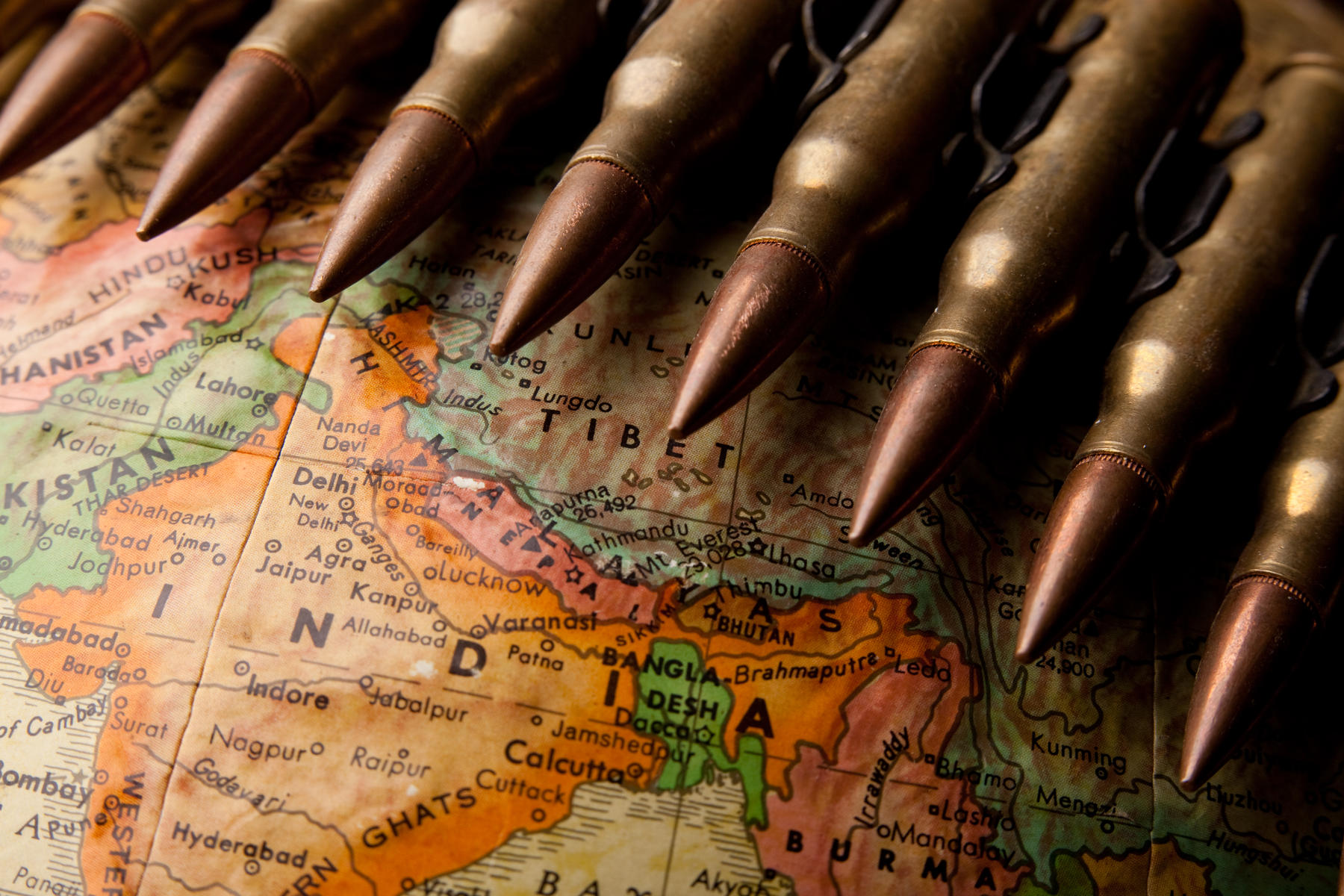Kabul attack – atrocious War Crime
02-02-2018
The very core of the doctor-public relationship is the unspoken contract of medical health professionals doing their best to alleviate and cure the sufferings of the latter. A recent terrorist attack in Afghanistan’s capital has fatally disturbed this trust relation by using deception and trickery.
The Taliban claimed responsibility for the bomb blast attack in Kabul on the 27th January 2018, in which more than 100 people died and almost 300 were injured. Attackers used at least two vehicles painted as ambulances, one of which was loaded with explosives and exploded when it was stopped at a security checkpoint. The driver passed through the first checkpoint by telling the police officers that he was escorting a patient to the hospital, and detonated the explosives at the second.
The terrorist bomb blast took place in one of the busiest and most heavily protected parts of the city, close to hospitals, schools, offices, foreign Embassies and Government buildings, including the Jamhuriat Hospital and the Consulates of the European Union and India. It was the worst attack in the Afghan capital since a truck-bomb near the German Embassy killed 150 people in May. The recent attack, in the heart of what is considered the most secure part of the city, has renewed concerns, not only over the ability of the authorities to keep people safe, but also over the tremendous amount of deadly strategies employed by terrorist outfits.
Despite a major tightening in checks following the attack near the German Embassy, the ambulance was able to get through the checkpoints, apparently without much difficulty.
Tadamichi Yamamoto, the Chief of the United Nations mission in Afghanistan, vehemently condemned the terrorist attack, emphasizing the despicable way, the terrorists have resorted to:
“I am particularly disturbed by credible reports that the attackers used a vehicle painted to look like an ambulance, including bearing the distinctive medical emblem, in clear violation of international humanitarian law”.
However, this attack in Kabul is not the only incident where terrorists have disguised themselves as medical personnel. In March 2017, ISIS militants, dressed as doctors, detonated a suicide vehicle-borne improvised explosive device at the entrance gate of the Sardar Mohammad Daud Khan Hospital, after which they entered the facility armed with AK-47s, grenades and suicide vests and fought with security forces for hours, killing at least 49 people and injuring more than 63.
Surviving staff described two interns in their 20s, who had worked in the hospital for months, as participants in the attack with one being the initial suicide bomber. The Defense Ministry spokesman Mohammad Radmanish later on confirmed this statement by saying that “the attack was carried out from both outside and inside”. Two floors containing patients, known to be affiliated with violent extremist groups, were purposefully not targeted.
The Afghan President, Ashraf Ghani, condemned the attack while highlighting the sanctity of hospitals: “In all religions, a hospital is regarded as an immune site and attacking it is attacking the whole of Afghanistan”. Similarly, the spokesperson for the US embassy in Kabul highlighted that “Targeting a medical facility, which provides care for the brave Afghans and works to protect their fellow citizens, has no possible justification in any religion or creed".
The United Nations Assistance Mission in Afghanistan emphasizes that attacks on hospitals are violations of International Humanitarian Law (IHL) and could amount to war crimes, urging all warring parties to respect and protect all medical workers, clinics and hospitals. The duty of treating patients, including wounded soldiers, and the correlating protection of civilians, health care personnel and medical facilities has been at the core of international Humanitarian Law since its inception in 1864. Commanders and combatants who wilfully violate these principles are responsible for war crimes and terrorists hiding under the disguise of doctors are culpable of committing the war crime of perfidy – pretending to have a civilian status and acting in good faith with the intention of committing an attack when the unsuspecting target is indefensible.
A recent report by the global network, Watchlist on Children and Armed Conflict, reveals that acts of aggression directly targeting health care staff or hospitals in Afghanistan have sharply increased since 2014. Between January 2015 and November 2016, 441 attacks were carried out against medical staff and 240 attacks against medical facilities. This has led to thousands of lost lives, severe shortages of medical supplies, limited access to health care for big proportions of the population and ultimately the erosion of the healthcare system in the entire country.
“The situation is absolutely unacceptable to the people", commented the former Government Minister, Abdul Hadi Arghandiwal in regards to the 27/01 attack. “The government spends a lot of time and energy in political rivalry and infighting at a time when it has to pay more attention to security”.
The Geneva Conventions stipulate the obligation to protect the wounded and sick, without discrimination and in respect of the rules of medical ethics. However, such heinous terrorist attacks do not only have grave repercussions on aid institutions by denying the protection necessary for them to function properly, but further undermine the doctor-patient relation by deceitfulness and imposture. The general public’s faith in witnessing a resolution to this destructive warfare is weakened, if not yet extinguished.
The Afghan Government needs to urgently address its dysfunctions and overall ineffectiveness through more rigorous law enforcement and security staff trainings and the adoption of better checkpoint systems.


